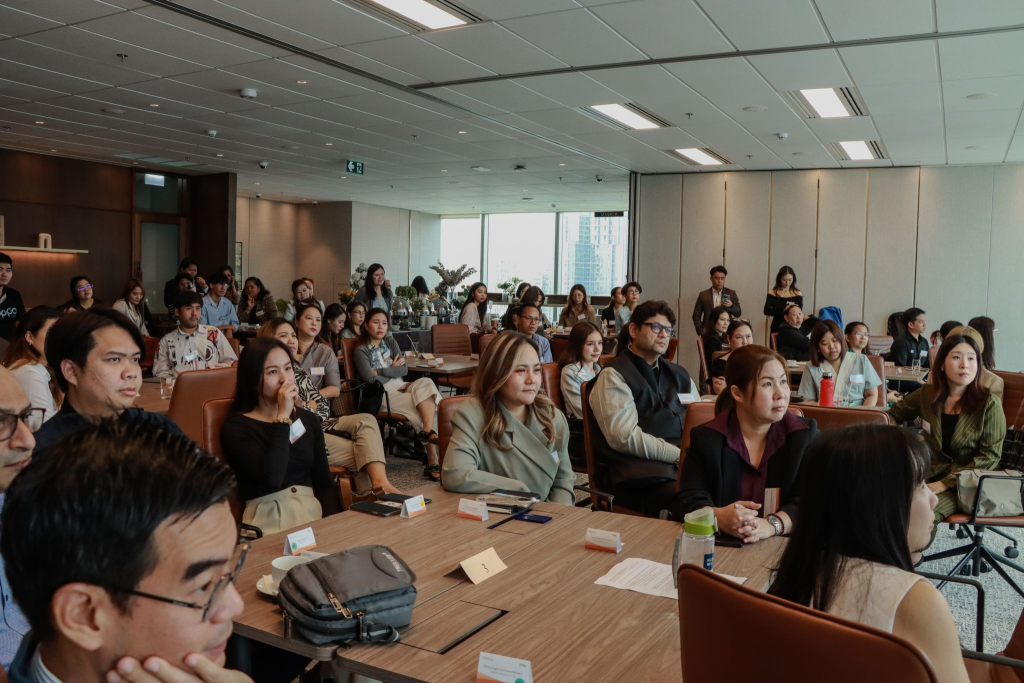AI is everywhere, but is it really transforming HR, or are we buying into a shiny new buzzword? In an industry built on human connection, can artificial intelligence truly enhance the way HR professionals work—or is it destined to remain a behind-the-scenes tool? These were some of the provocative questions tackled at HRnetOne Thailand’s recent client gathering, supported by the Singapore Thai Chamber of Commerce.
As HR professionals from various industries gathered to explore AI’s potential, one thing became clear: AI is no longer optional—it’s inevitable. But how it’s used, and how we choose to adopt it, could shape the future of HR for years to come. Curious about where AI is headed in HR? Here’s what you need to know.
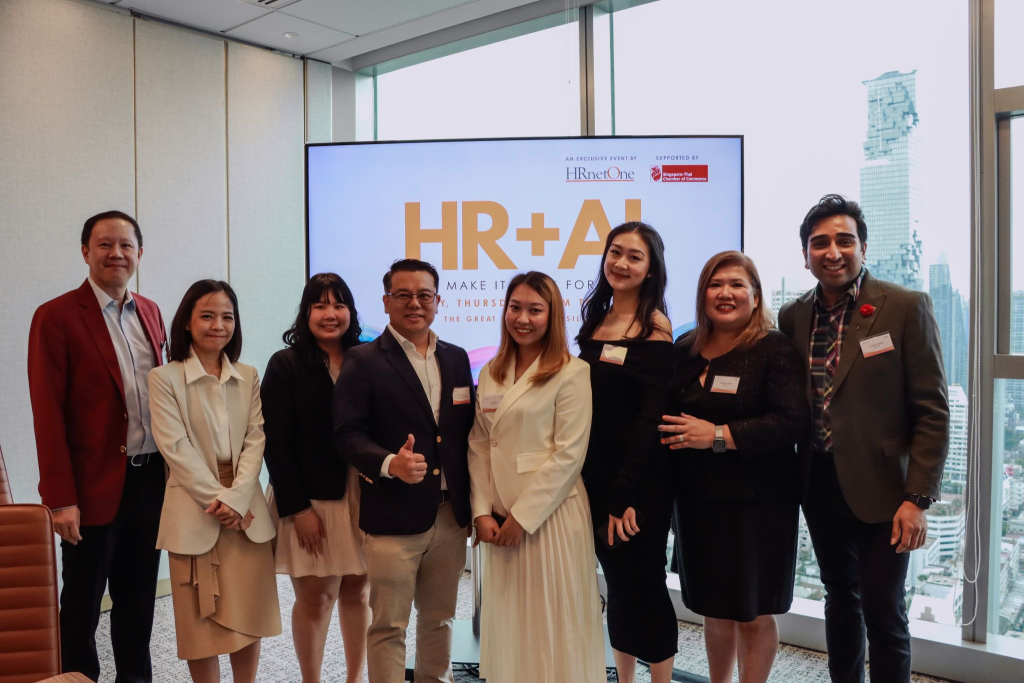
AI in Today’s World: Where Do Employers Stand?
Catherine Yeow (Managing Director & Business Development Director, SEA, HRnetGroup) and Adeline Sim (Executive Director & Chief Corporate Officer, HRnetGroup) opened the session with a discussion on AI adoption among employers in Thailand.
Key Benefits of AI in HR:
- Automation of routine tasks, freeing up time for strategic initiatives
- AI-driven insights improve decision-making and provide valuable analytics
- Personalization that enhances both employee and candidate experiences
A survey on the extent of AI adoption in recruitment amongst employers in Thailand revealed below results:
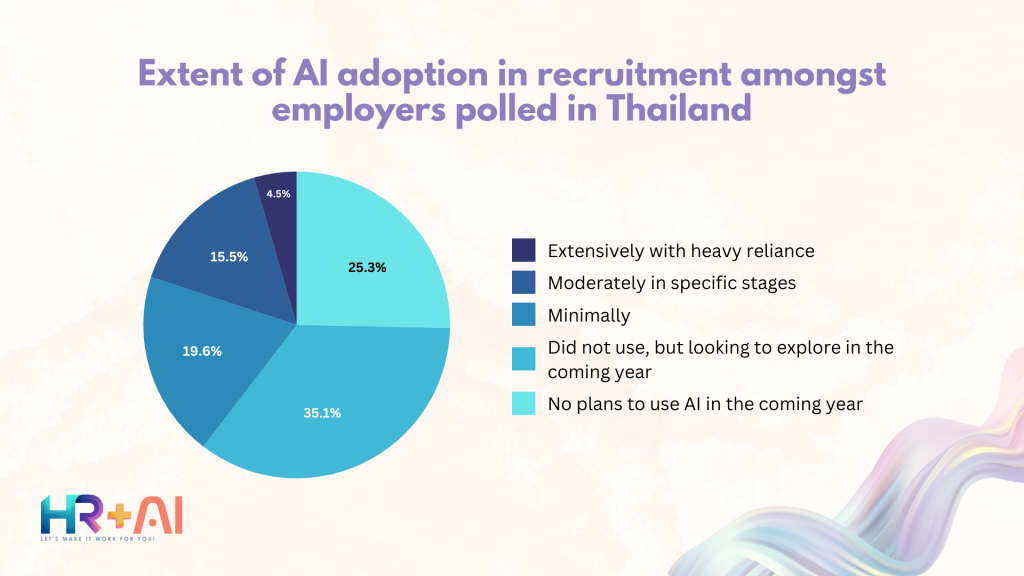
While AI is gradually making its way into HR, the majority of employers are still in the exploration phase. This presents a significant opportunity for HR professionals to lead the way in AI adoption.
Essential AI Platforms for HR
AI offers practical solutions for many aspects of HR, from employee management to recruitment and learning. Some of the platforms discussed include:
Employee Management/Performance:
- Octomate: Utilizes blockchain for workforce management with features like instant payment and mobile access
- Betterworks: Aligns employee goals with business objectives, boosting productivity
Recruitment:
- Hirevue: Analyzes video interviews to provide data-driven insights on candidates
- Pymetrics: Leverages AI-driven gamified assessments to evaluate candidates’ cognitive and emotional capabilities
Learning & Development:
- 7taps: Creates bite-sized, engaging training modules for quick and effective learning
- Skillsoft: Offers an extensive library of digital courses for professional development
Employee Engagement:
- Culture Amp: Provides tools to measure engagement and performance using data-driven insights
- 15five: Focuses on regular check-ins, goal tracking, and team development
Building an AI-Enabled Workforce
While AI is clearly here to stay, the real question is, how do we adopt it thoughtfully? Deloitte’s Ariya Phukfon (Partner Deloitte Consulting Human Capital) shed light on the practical steps organizations should take when integrating AI into their HR practices.
Key Insights:
- Acceleration is Inevitable: 75% of organizations plan to increase their use of AI within the next five years. Yet, only 13% of workers have been offered AI-related skills training in the past year, highlighting a major gap.
- AI Won’t Replace People, It Will Enhance Them: According to 71% of executives, AI is not about replacing human workers—it’s about advancing their capabilities. AI should be viewed as a tool to enhance what humans do best: creativity, problem-solving, and strategy.
- The Skills Gap is Real: Only 10% of organizations believe their workforce currently possesses high-priority human capabilities, such as critical thinking and emotional intelligence. This gap suggests that while AI will handle more routine tasks, the human element will become even more valuable.
Practical Steps to AI Adoption:
- Experimentation: Successful adoption begins with small-scale experiments, testing AI in specific HR areas before scaling.
- Worker Buy-In: Engaging employees in the process is key. AI is most effective when it’s embraced, not feared.
- Skill Development: Organizations should focus on upskilling their employees, particularly in areas that AI can’t replace, such as leadership and communication.
These insights reinforced the idea that AI is not just a tool for efficiency—it’s a catalyst for workforce transformation. However, this transformation can only happen if organizations are willing to invest in the human side of the equation.
Audience Perspectives on Hot AI Topics
One of the most dynamic parts of the event was the interactive discussion session, where HR professionals shared their thoughts on some of the most pressing AI-related issues. Through live polls and in-depth conversations, attendees voiced their opinions on AI ethics, job displacement, and fairness in performance evaluations. The results? Both surprising and revealing.
The ethical dilemmas of AI-driven employee monitoring
AI has the potential to monitor employee performance with precision—tracking keystrokes, assessing workflows, and identifying areas of inefficiency. But is this level of oversight ethical? This was the first question posed to the audience, and the responses reflected the complexities of this issue:
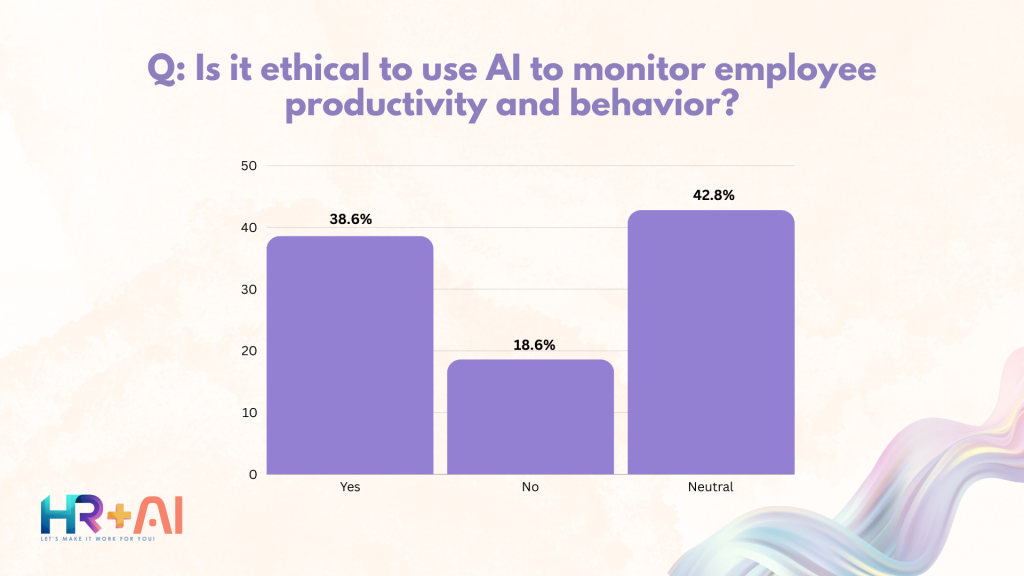
While the majority did not outright reject AI monitoring, the significant neutral response indicates that the ethical debate is far from settled. Companies must carefully consider how they implement AI for monitoring to avoid eroding trust and privacy in the workplace.
Job displacement – is AI a threat to HR roles?
Perhaps one of the biggest fears surrounding AI is whether it will replace human jobs, especially in a field like HR that traditionally relies on personal interaction and intuition. The audience was asked whether they felt AI posed a genuine threat to HR roles. Here’s how they responded:
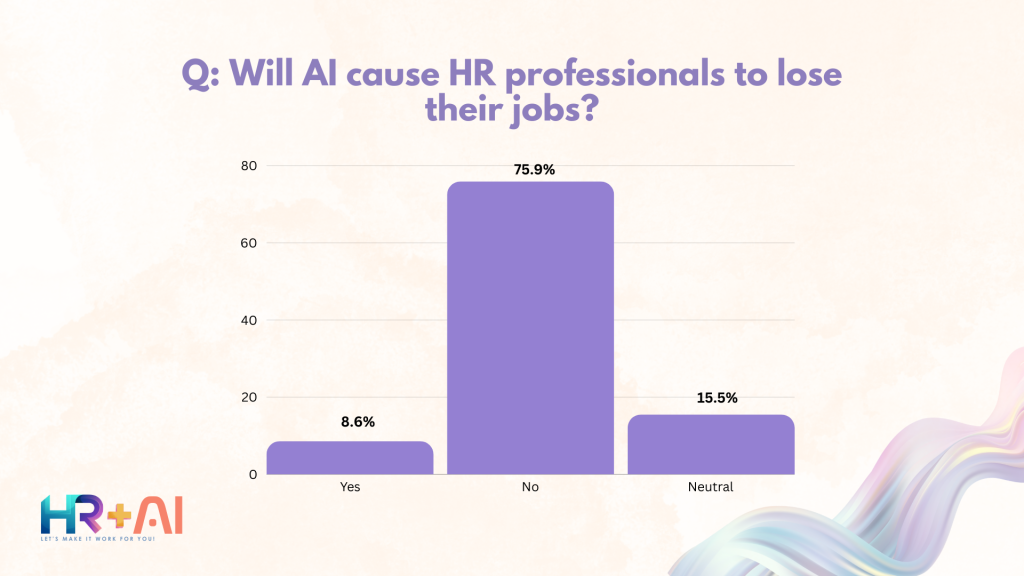
The prevailing sentiment is clear: AI isn’t about taking jobs away from HR professionals, but rather about evolving the role. HR functions will become more data-driven, with AI assisting in decision-making and automating repetitive tasks, freeing HR teams to focus on strategy and people management.
Fairness in AI-driven insights
The use of AI in performance evaluations was another hotly debated topic. While AI promises to be objective and data-driven, can it truly eliminate bias, or does it simply shift bias into algorithms? The poll results revealed a mix of opinions:
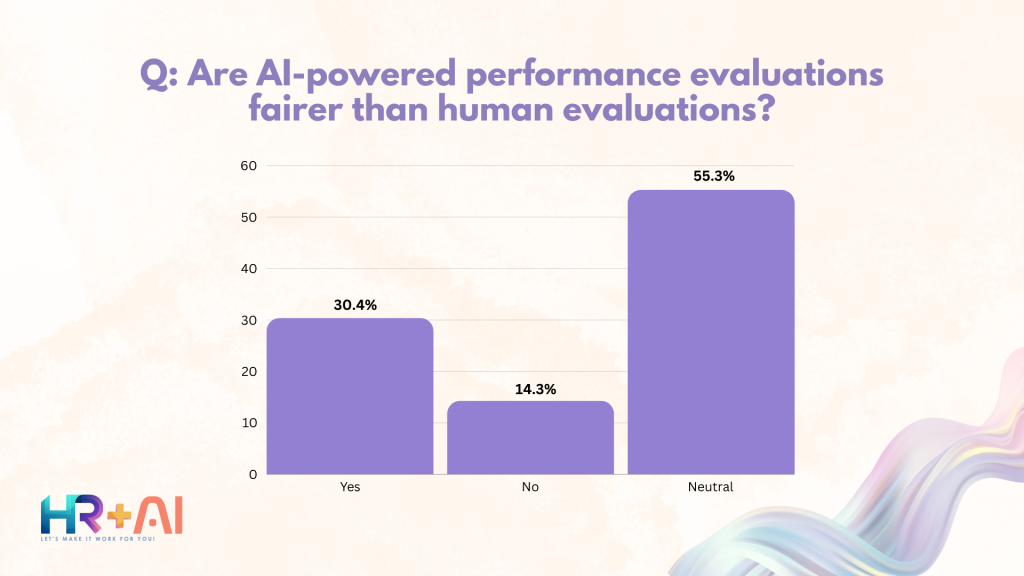
While there is optimism around AI’s ability to improve fairness in performance evaluations, the majority remain unsure. Trust in AI systems will need to grow before HR professionals can confidently rely on AI-powered evaluations over traditional methods.
The discussions highlighted that while AI has the potential to transform HR, its adoption must be thoughtful, transparent, and ethical. AI’s integration into HR will require balancing technological advances with the human touch. Ultimately, HR professionals must find ways to leverage AI without losing sight of the relationships that drive the industry.
Final Thoughts: AI is Here to Stay
AI may not replace HR professionals, but it will certainly change how we work. As the event concluded, one key takeaway stood out: people who use AI will thrive in this new landscape. For HR professionals looking to stay ahead, the time to start their AI journey is now.
Looking to grow your team with exceptional talent? HRnetOne Thailand is here to help you find the perfect candidates to propel your business forward. Contact us today for customized recruitment solutions that align with your hiring goals.



